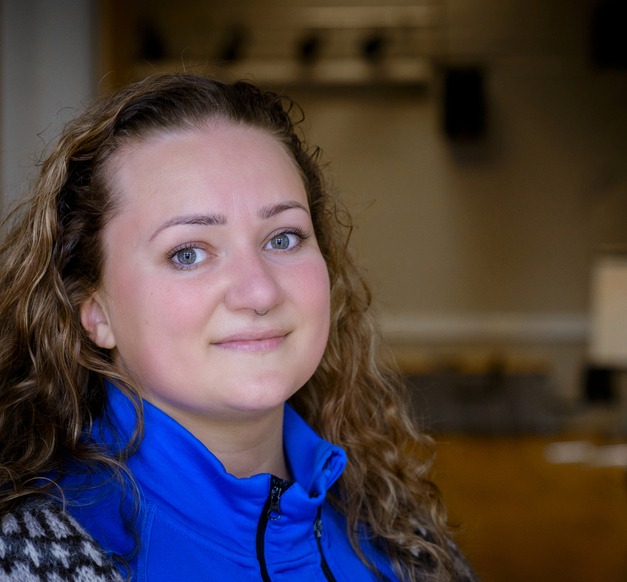
The problems of fathers who wish to spend more time with their children, especially in cases where custody is not shared, have received increased attention in the past few years. A recent University of Iceland study focuses on the experiences and feelings of fathers who see their children less than every other weekend. The reactions of child protection committees and civil magistrates to the problems fathers face when seeking more time with their children were also examined.
Nína Eck at the Faculty for Social Work led the study, under the supervision of Guðný Björk Eydal, professor at the Faculty of Social work and Ingólfur V. Gíslason professor at the Faculty of sociology, anthropology and folkloristics.
Nína says that the research has shown that children who spend an equal amount of time with each parent feel safe in their relations to them both. “These are findings that have led to changes in legislation in the USA, where equal access is considered the norm, however, in Iceland the criteria is minimum access as it is defined in a twenty-year-old bill that became the law on the rights of children,” says Nína, but her interest lies first and foremost in improving equality in custody matters in Iceland.
Fathers feel grief
Nína says that the study, funded by the Icelandic Student Innovation Fund, was originally supposed to counteract prevention, a theme that comes up regularly in society. “I wanted to look into the reasons why fathers are not interested in associating with their children.”
Concerning the results of the research Nína says that fathers experience grief and helplessness, and most of them have a history of contention, either with the mothers of their children, the authorities; or indeed both.
“In one case the mother claimed that the father was not interested in associating with his child in order to avoid supporting his meeting the child. Staff at child services and with the magistrate expressed that they saw a need to support fathers in such cases but did not wish to take responsibility, and suggested a new institution be founded to deal with this.”
Hopes the study will bring about reform
Asked about the impact of the study Nína say she hopes it will get mothers to pay increased attention to giving fathers opportunities to spend time with their children, “this is important, even if the parents do not see eye to eye or had a bad breakup. The interest of the child should always be the priority in all cases, and it is important for us as mothers to be able to separate negative feelings towards our former partners from their abilities as parents, and the child’s right to know both their parents, and enjoy their care.”
“Under current circumstances parents who do not share a legal address with their children are not registered as parents in the national registry. Custody matters are clearly equality matters, but it seems difficult to discuss them in that context since general custody matters get confused with cases of children being forced to associate with violent or abusive fathers,” says Nína.

Innovation in the study
Nína claims there is a certain element of innovation in the study, not least in opportunities for independent social workers to offer their services.
“If the Icelandic administration is not ready to tackle these issues, it might be a good idea to found an intermediary service to ensure mothers that the fathers spending times with the children is safe, and that someone can be available to support the fathers as well, without resorting to court appointed supervision, which fathers find to be a demeaning and negative experience,” says Nína.
She adds that even though UN sustainable goal number five on gender equality only mentions women and girls, the connection between father and child is clearly and important equality matter and applies in that context. “Under current circumstances parents who do not share a legal address with their children are not registered as parents in the national registry. Custody matters are clearly equality matters, but it seems difficult to discuss them in that context since general custody matters get confused with cases of children being forced to associate with violent or abusive fathers.”
Nína says that her study is qualitative, but the role of such research in social sciences is in part to guide the administration where it can do better, for example by presenting the views and voices of individuals who have had a hard time getting heard.


